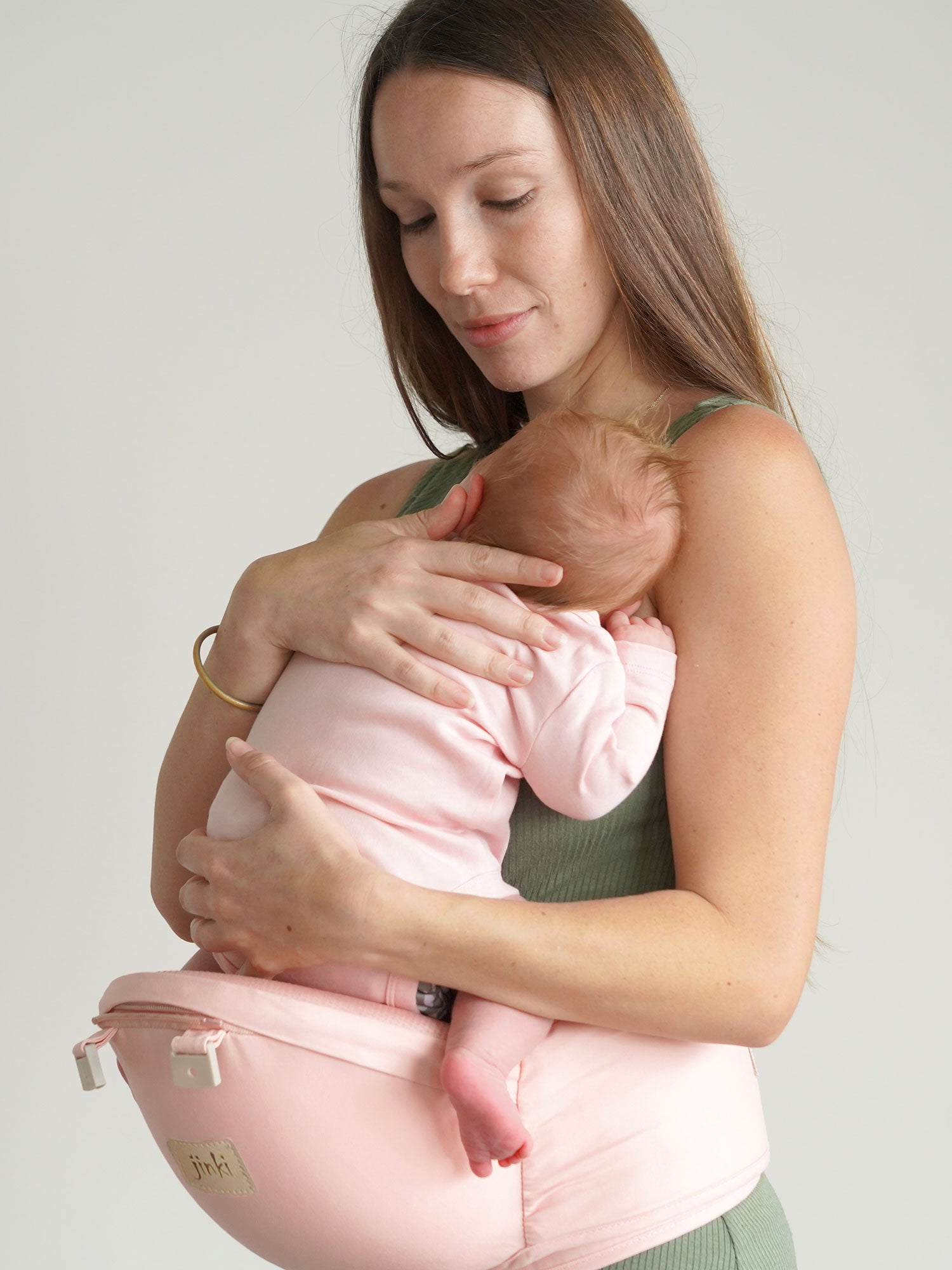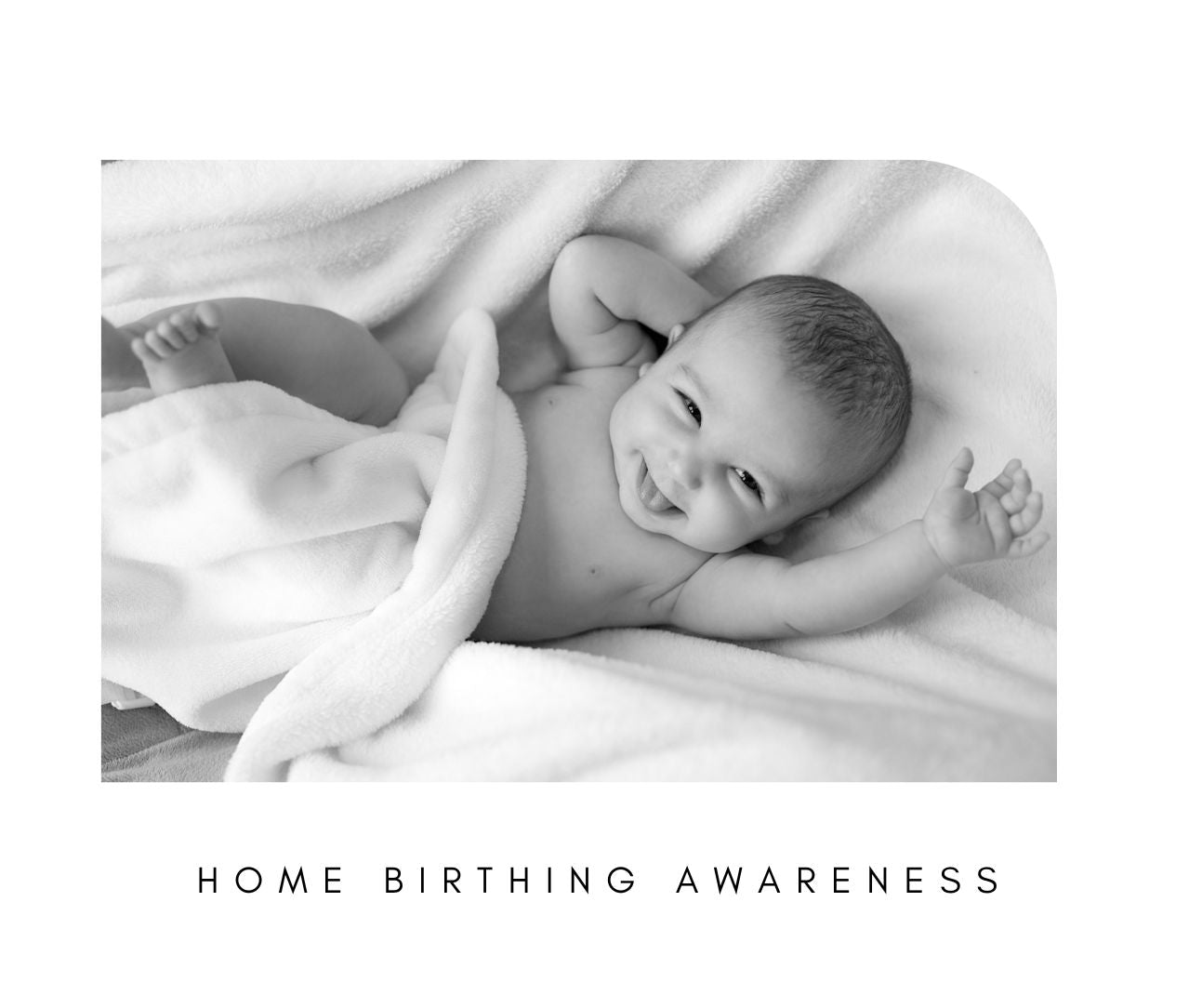Treating Your Baby for Wind and Colic

Treating Your Baby for Wind and Colic
Welcome to our guide on treating your baby for wind and colic! If you are a new parent, you might have heard these terms being thrown around but aren't quite sure what they mean. Don't worry, we've got you covered!
Firstly, let's define what wind and colic actually are. Wind refers to the air that is trapped in your baby's stomach, which leads to discomfort and crying. Colic, on the other hand, isn't fully understood but is often characterized by episodes of excessive, frequent crying in a baby who otherwise appears to be healthy.
So, how can you tell if your baby has wind or colic? Common symptoms include a bloated tummy, burping, flatulence, and crying that doesn't seem to be pacified by feeding or changing. Some babies might also pull their legs up towards their tummy or clench their fists. The causes can vary. Trapped wind often occurs when the baby swallows air while feeding, especially if they are rushed or are fed in a position where they can't fully latch onto the nipple. Colic, though still a mystery, is thought to be linked with indigestion, an imbalance of healthy gut bacteria, or a developing digestive system that's not fully operational.
The role of diet in both wind and colic is significant. For breastfeeding mothers, what you consume may affect your baby's digestion. Certain foods in a mother's diet could potentially cause irritability and increase colic symptoms in babies. Foods such as dairy products, caffeine, spicy foods, and foods high in fat may contribute to these conditions.
For formula-fed babies, the type of formula can have an impact. Some babies may be sensitive to specific proteins in their formula, which can lead to colic symptoms or contribute to wind. In such cases, a hypoallergenic or lactose-free formula might be a more suitable choice.
It's also worth noting that the way your baby feeds can influence their likelihood of developing wind or colic. Ensuring your baby is latching correctly and taking breaks during feeding to help them burp can help reduce the amount of air swallowed, thereby reducing the likelihood of wind.
Remember, every baby is unique and what works for one might not work for another. It's always worth discussing any dietary changes with a healthcare provider before implementing them.
To help relieve your baby's wind, several strategies can be useful:
- Burping your baby: After feeding, hold your baby upright, patting or rubbing their back to facilitate burping. This can help to release any trapped air in their stomach.
- Tummy time: Placing your baby on their belly while they're awake and supervised can encourage the release of trapped wind.
- Gentle massage: Gently massaging your baby's tummy in a clockwise direction may help to move along trapped wind and ease discomfort.
- Adjust feeding techniques: If you're bottle-feeding, ensure that the bottle's neck is always full of milk to prevent your baby from swallowing air.
Remember, every baby is different. What works for one might not work for another. If the symptoms persist, consider seeking medical advice.
When it comes to relieving colic symptoms in your baby, home remedies can often be effective. Here are some that you might want to consider:
- Warm baths: A warm bath can soothe a baby's upset stomach and provide relief from colic. Always remember to check the water's temperature and never leave your baby unattended in the bath.
- White noise: Some babies find the sounds of a vacuum cleaner or hairdryer calming. The consistent sound can mimic the noise they heard in the womb and help to soothe them.
- Herbal remedies: Although you should consult your doctor before starting any new remedies, some parents have found that certain herbs, like fennel or chamomile, can help reduce colic symptoms when added to a baby's bottle.
- Motion: Many babies find the movement soothing, whether it's being rocked gently, taken for a car ride, or pushed around in a pram.
Remember that while these techniques can help, it's essential to monitor your baby's reactions and consult with a healthcare professional if symptoms persist or worsen.
Despite your best efforts, there might be situations when it's advisable to seek medical help promptly when dealing with colic symptoms in infants. If you observe that your baby's crying becomes more intense, frequent, or lasts longer than usual, it would be wise to consult a healthcare provider. Additionally, signs such as a fever, vomiting, diarrhea, decreased appetite, or any changes in the baby's stools should prompt immediate medical attention. If your baby is not gaining weight or seems lethargic, these could indicate underlying health issues that need professional evaluation. Remember, while colic can be distressing, it's crucial to ensure your baby's overall health and well-being.
~ jinki @ jinki.com




